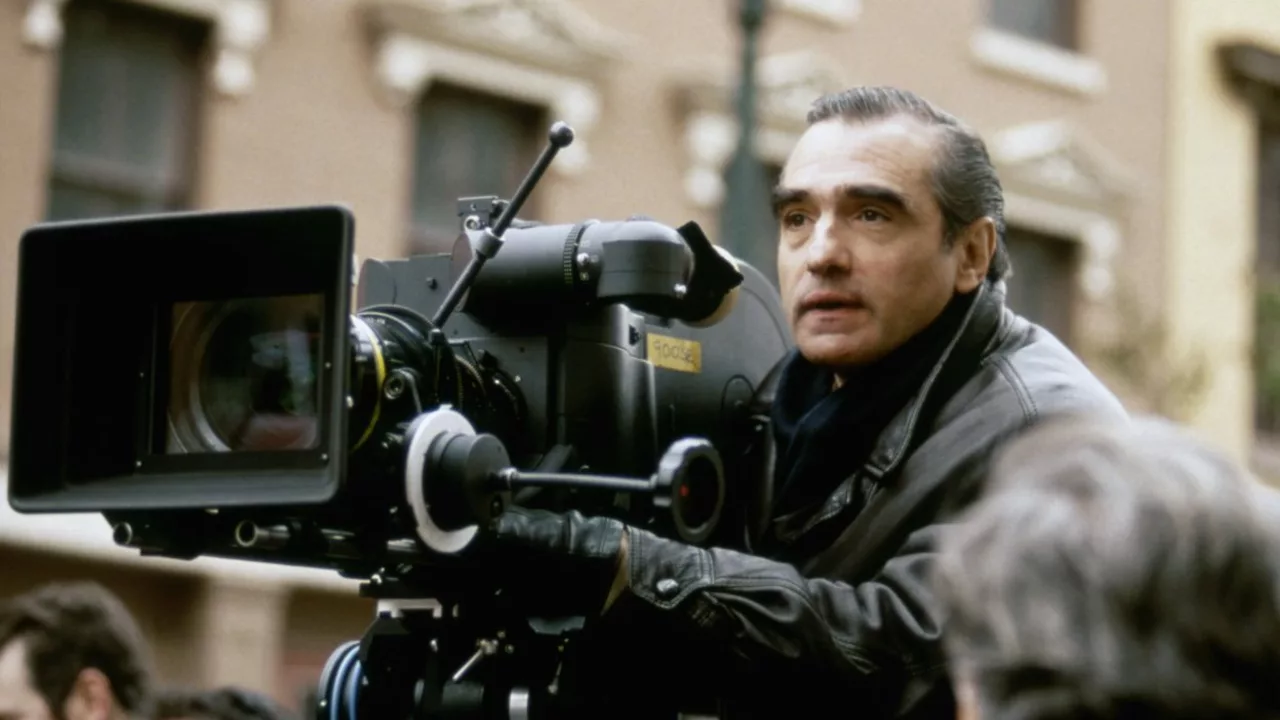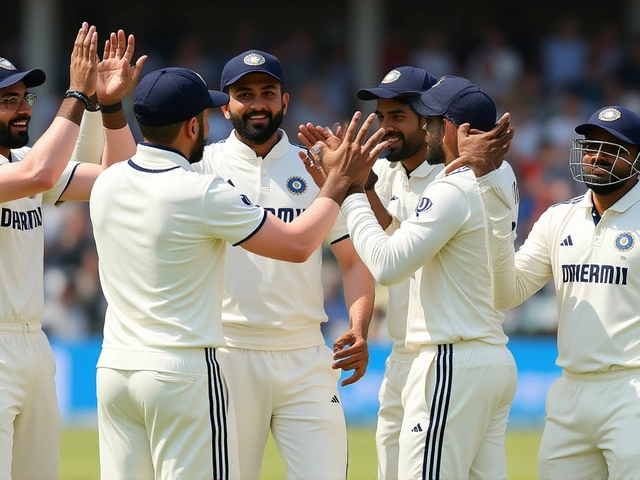Controversy in Movies: Why Film Debates Matter
Ever wonder why some movies spark heated arguments while others glide under the radar? It’s not just about the story or the stars – it’s the controversy that pulls people in, fuels conversations, and sometimes even changes the industry. On this page we’ll break down the kinds of film controversies you see online, why they stick with audiences, and how they affect everything from ratings to box‑office numbers.
Common Types of Film Controversies
First off, you’ll run into a few familiar patterns. Rating manipulation claims pop up a lot – think of the buzz around IMDb possibly being paid to give good scores to bad movies. Even if there’s no solid proof, the idea spreads fast and makes viewers question every rating they see. Then there’s the genre debate, like whether superhero flicks belong in the sci‑fi bucket. Fans argue over tech, powers, and storytelling tone, and the disagreement fuels endless threads on social media.
Another hot spot is industry power shifts. People often ask if TV is overtaking movies in quality and popularity. With streaming giants rolling out high‑budget series, the line between cinema and television blurs, and that sparks a lot of back‑and‑forth about where the future of storytelling lives. Finally, festival politics – Cannes, regional festivals, you name it – can ignite controversy when selections or awards seem biased, sparking debates about fairness, representation, and cultural influence.
How Controversy Shapes Audience and Industry
When a film gets into a controversy, curiosity spikes. Viewers click, comment, and share, which boosts the movie’s online presence. Even negative buzz can translate into higher ticket sales because people want to see what the fuss is about. Studios listen, too. A backlash over a portrayal can push them to edit scenes, issue apologies, or even launch new marketing angles that address the criticism directly.
Controversy also molds public perception. Take the ongoing talk about whether IMDb ratings are trustworthy – it nudges some viewers to rely more on personal reviews rather than aggregate scores. The superhero‑sci‑fi debate forces creators to think about genre blending, leading to fresher ideas and clearer marketing messages. And when TV shows start outshining movies, studios invest more in series production, reshaping budgets and talent pipelines.
For the everyday fan, spotting a controversy is simple: look for spikes in social chatter, trending hashtags, or heated comment sections. Ask yourself what the core disagreement is – is it about ethics, quality, representation, or simply personal taste? Understanding the root helps you decide if you want to join the conversation, avoid the hype, or just enjoy the film on its own merits.
Bottom line: film controversies aren’t just drama for drama’s sake. They reflect real concerns, influence how movies are made, and give audiences a voice. The next time you see a heated debate about a new release, remember it’s part of a larger cycle that keeps cinema alive and constantly evolving.

